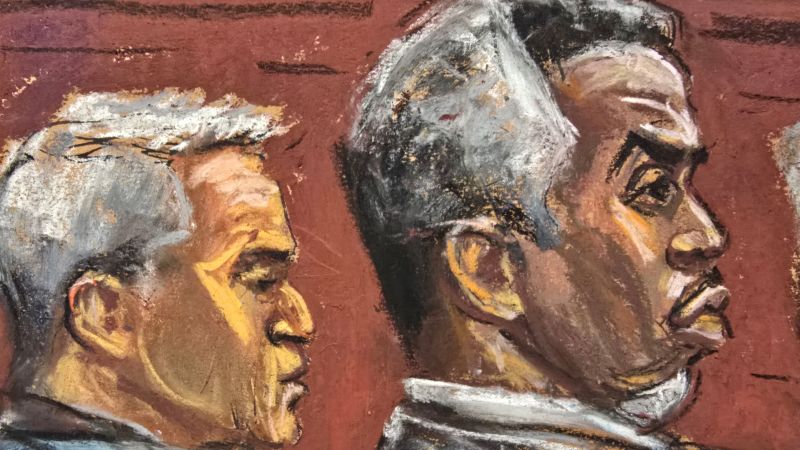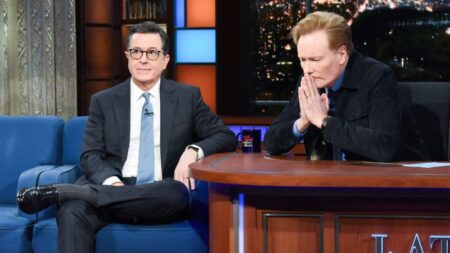In the ongoing federal criminal trial of the prominent music mogul Sean “Diddy” Combs, Homeland Security Investigations special agent Joseph Cerciello is set to resume his testimony today. This trial has been a focal point of media coverage due to Combs’ stature in the music industry, and the compelling nature of the allegations against him.
Cerciello, however, was not a direct participant in the investigation surrounding Combs. Instead, he was called to the stand last Friday to assist the court in understanding the evidence presented by prosecutors. His role appears to be more of a verification agent than an investigator, as he provided an objective review of evidence compiled by the prosecution. During his previous testimony, he meticulously examined charts of evidence that outlined pivotal information regarding the case. These charts include an extensive array of supporting documents that consist of thousands of pages of text messages, phone records, and financial statements.
Notably, the charts containing 44 entries covered a significant timeframe, spanning from May 2021 to August 2024, indicating that the scope of the investigation and the evidence presented is vast. Cerciello paid special attention to specific incidents, such as a hotel stay tied to Combs in Los Angeles during January 2023. During his prior testimony, he recounted details from the hotel records, highlighting a reservation made under the pseudonym “Joseph Chavez.” This moniker raises eyebrows given the context of the trial.
The hotel records revealed a staggering charge of $3,750, categorized as “damaged furniture,” which provided a sensational angle to the already intense proceedings. A damage report from the hotel brought to light disturbing details, stating that there were “bodily fluids stained on the wood floor” throughout the room and affecting some pieces of furniture. Such descriptive evidence contributes to the trial’s weighty atmosphere and may play a crucial role in influencing the jury and the overall narrative of the case.
Furthermore, the evidence charts included correspondence between Combs and an individual referred to as “Jane,” who is utilizing a pseudonym during the proceedings. These text messages allegedly revealed the coordination of arrangements for three men arriving at the hotel, with Combs directing Jane to send $1,100 to an escort service known as Cowboys for Angels. This aspect introduces another layer of complexity to the case, hinting at potential underlying activities that might be scrutinized and interpreted differently by jurors throughout the trial.
As the trial progresses, the assistant US attorney, Maurene Comey, indicated her intent to conclude the government’s case by the end of the day. She is set to continue her questioning of Cerciello through the lunch break, with the defense poised to interrogate him after the prosecution’s inquiries are completed. This dynamic underscores the trial’s urgency and the careful approach taken by both parties in dissecting the evidence and testimony presented.
On the brink of monumental implications, the trial of Sean Combs reflects not only on the celebrity under scrutiny but also on the broader issues of accountability, morality, and the intricate fabric of the entertainment industry. The unfolding testimony and revelations could reshape public perception, impact Combs’ illustrious career, and have lasting effects on those associated with him. As the jury absorbs the details and salacious claims, the spotlight remains firmly fixed on both the legal proceedings and the ramifications that may ensue for one of music’s most influential figures.











